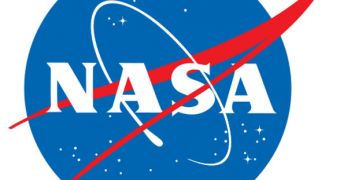The NASA authorization bill, a three-year, $50-billion effort to set the United States on a path to continue space exploration, was not taken up by the US House before recessing on September 24.
This basically means that measure will not be voted on before the midterm elections, which are now scheduled to take place November 2. The faith of the proposal beyond that time is uncertain.
The decision not to take up discussing the program is significant all by itself, especially considering that votes on all bills were delayed for September 29. The fiscal year ends on September 30.
Most congressmen want to ensure that NASA is able to continue spending money at current levels, which should ensure that no major programs are lost or suffer delays.
“I was hopeful that we would be able to reach an agreement with the Senate on a continuing resolution so that the House could act on it tomorrow, but while negotiations are progressing they are not complete,” said in a statement dated September 23 Steny Hoyer (D-Md), the House Majority Leader.
“We will be back next week to complete action on it,” he went on to say. The bill that was sent to the House was a compromise of past proposals, meant to gather as many supporters as possible, both Democrats and Republicans.
In addition to that, the authors of the bill had hoped to bring it to a form that closely resembles that of a previous bill, which was voted by the Senate on August 5, 2010, Space reports.
“As a result, we believe we have a bill that both builds on and improves on H.R. 5781, the NASA Authorization Act that was marked up by the Science and Technology Committee earlier this year,” said Bart Gordon (D-Tenn.) in a statement.
“Moreover, we believe this compromise helps move the discussion about the future of NASA closer to a final product,” added the official, who is the chairman of the House Science and Technology Committee.
The measures Gordon proposed in the new version of the bill call for more spending on commercial crew and cargo vehicles, but the new sum ($1.2 billion over 3 years) falls short of the $1.6 billion Senate recommendation.
The bill also contains language that may enable the American space agency to continue work on its ARES I delivery system and Orion capsule, both part of Project Constellation that President Obama wants shut down.
Representatives of the private spaceflight industry have been voicing complaints, fearing competition. A clear decision on the issue of NASA spending for FY 2011 is still a month or two away, at least.

 14 DAY TRIAL //
14 DAY TRIAL //